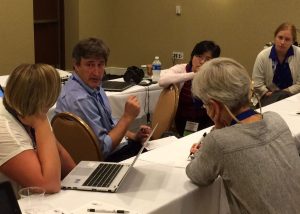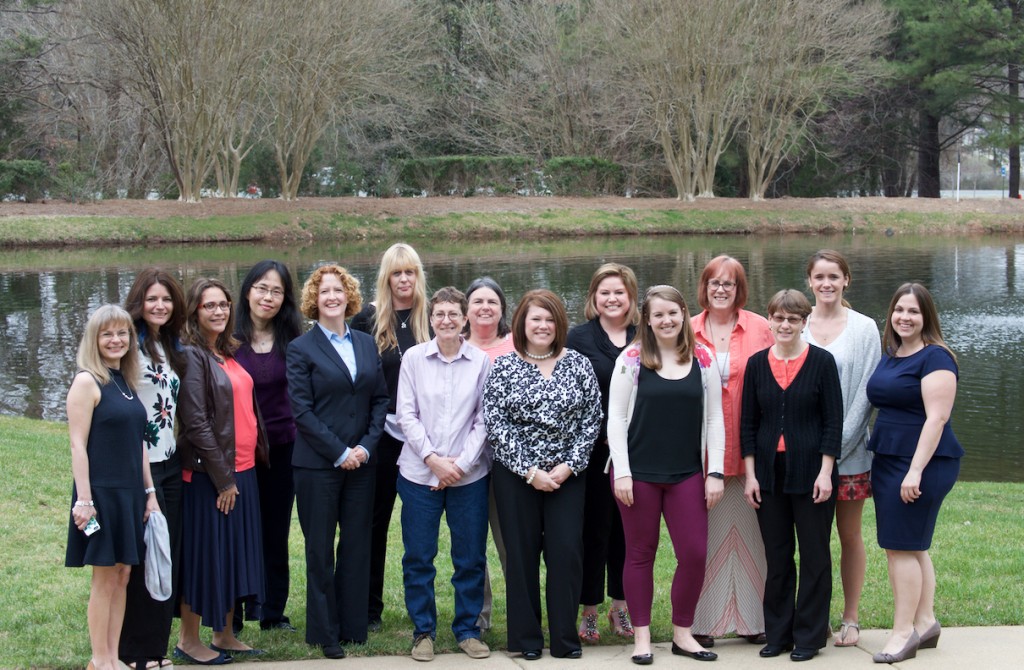Note: RENCI has a successful track record in launching and sustaining consortia, including the iRODS Consortium and the National Consortium for Data Science. Now, a team of multidisciplinary, multi-institutional scientists has collected evidence showing consortia work as mechanisms that facilitate open science and data sharing. To read the full Nature article about the about their findings, click here.
Sharing research data, models and software to improve scientific reproducibility is becoming easier, however, changing the entrenched practices of the scientific community is a harder nut to crack.
In an article published March 30 in Nature, members of the Stakeholder Alignment Collaborative, including RENCI Senior Data Scientist Chris Lenhardt, point out that science, like most established institutions, finds change difficult to implement even when that change is positive. Open sharing of data and other resources, for example, can speed up the process of scientific discovery and enable discoveries to be more quickly translated into better products, treatments for diseases, and solutions to intractable problems.










